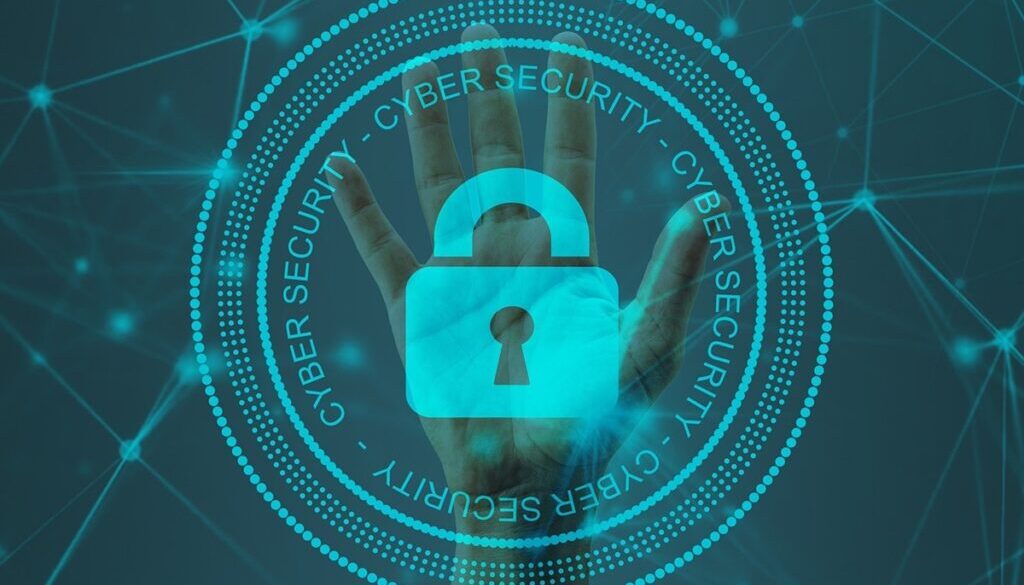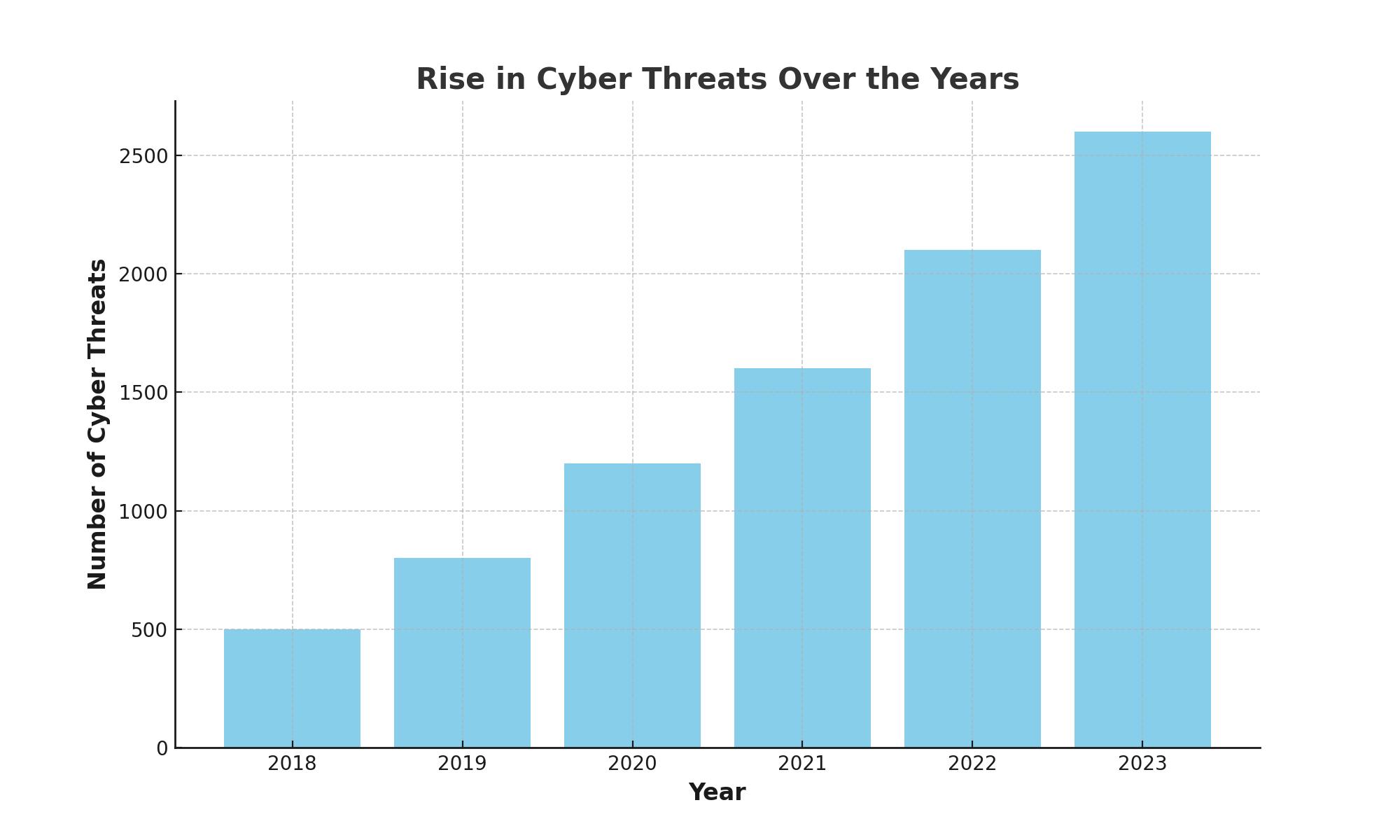Top 5 SOC Analyst Skills Needed in 2024

Cyber threats are getting more and more complicated, particularly with the rise of artificial intelligence. Even those with absolutely no technical skills can create a dangerous malware in seconds.
Because of this, companies really need skilled SOC analysts to keep their data safe. If you are thinking about becoming a SOC analyst, the amount of online resources available can be a bit overwhelming and trying to categorize them can be a nightmare.
In this guide, we will talk about the top SOC analyst skills you need to become successful. From the technical skills you need, like understanding networks to important soft skills, like how to talk to your team and stay calm under pressure. By the end of it, you’ll know exactly what skills to focus on to start your journey

What are the Skills needed?
1. Technical Skills for SOC Analysts
To become a great analyst, you need some important technical skills , which we can divide in 5 categories.
1.1 Network Fundamentals
First, we have the network fundamentals. You need to understand how networks work, how they are built and how data travels within them. This includes knowing about:
- Networking Protocols: These are rules that allow devices on a network to communicate with each other, rules like TCP/IP protocol which is the backbone of the internet.
- Network Architecture: The design and structure of a networkhelp you see the big picture of how data flows and where potential weak spots might be
- IP Addresses and Hostnames: Unique identifiers for devices on a network.
- Network Devices: Hardware like routers, switches, and firewalls.
1.2 Network Security
You need to have a serious understanding of network security. This means knowing how to set up firewalls, use antivirus software, and keep the network safe from hackers. The whole idea is to protect and monitor computer networks. You’ll also need to know how to watch the network’s traffic, checking everything that goes in and out of the network.
1.3 Intrusion Detection Systems (IDS)
Intrusion Detection Systems (IDS) are tools that are there to help find and respond to threats. IDS will watch for any suspicious activities and alert you if something unusual happens. There are two main types: network-based IDS, which watches everything on the network, and host-based IDS, which keeps an eye on specific devices. You need to know what normal activity looks like so you can spot when something’s not right.
1.4 Security Information and Event Management (SIEM)
You need to know how to use Security Information and Event Management (SIEM) systems. These systems help manage and analyze security data. They collect data from different sources and help you see the big picture. This makes it easier to spot and respond to threats quickly. SIEM systems can even alert you to specific problems and help with reports, showing what happened in the network and helping you follow security rules.
1.5 Incident Response
You need to know how to handle security incidents. Incident response means figuring out what happened, containing the problem, and fixing it. You also need to learn from the incident to prevent it from happening again. When a problem occurs, you need to act fast to stop it from getting worse. First, you find out what happened, then you stop the problem from spreading. After that, you fix any damage and get everything back to normal. It’s important to have a plan in place so everyone knows what to do during an incident. Practicing this plan helps make sure you’re ready for real emergencies. After everything is fixed, you review what happened to learn from it and improve your response for next time.
2. Analytical Skills
The second set of skill you need as an analyst is a strong analytical skill. You will work with a enormous amount of data everyday and knowing how to quickly differentiate from normal activity to suspicious activity, without even the use of software is a great skill and come with experience. Some of those skills include:
2.1 Log Analysis
You need to know how to read and understand logs from various sources like servers, firewalls, and intrusion detection systems. Logs contain important information about the activities happening in the network. By analyzing these logs, you can identify unusual patterns that might indicate a security threat. Being able to quickly spot and understand these patterns is key to preventing or minimizing damage.
2.2 Threat Intelligence
Understanding threat intelligence means knowing about the latest threats and vulnerabilities. This includes keeping up with new malware, hacking techniques, and security updates. You will need to gather information from various sources and use it to protect your network, which will help you stay one step ahead of potential attackers.
2.3 Problem-Solving
You need to be a good problem solver. When a security incident occurs, you need to quickly identify the problem, figure out the best solution, and implement it. This requires a clear, logical approach and the ability to think under pressure.
3. Soft Skills
SOC analyst work in a team environment, this means you will be expected to communicate with your colleagues, your managers and stakeholders about security incidents and impact it can have on any organizations. You need to be able to clearly convey information to both technical and non-technical audiences. We can break it down in 3 categories:
3.1 Reporting
Learning to write clear and concise reports on security incidents is important. These reports should include what happened, how it was handled, and what steps are being taken to prevent it from happening again. Clear reporting helps people understands the situation and what needs to be done.
3.2 Team Collaboration
You need to work well with others. This includes collaborating with other SOC team members, IT staff, and management. Effective teamwork helps ensure that security incidents are handled quickly and efficiently.
3.3 Training and Awareness
You need to educate others about security. This involves conducting training sessions and creating awareness programs to help others understand security best practices. It’s a good way to help create a stronger overall security posture for the organization.
4. Problem-Solving Abilities
you need strong problem-solving abilities. These skills help you tackle issues and find effective solutions. Let’s explore the key problem-solving abilities you should develop:
4.1 Critical Thinking
Critical thinking is necessary, being able to look at all the details and figuring out the best way to handle a problem is one of the most important skill you can have.
For example, if there’s a spike in network traffic, think about what could be causing it. Is it a software update, or is it a potential attack? This is a classic example of how being able to make smart decisison using all the possibilites at hand can be a great skill
4.2 Troubleshooting
When something goes wrong, you need to find the problem and fix it. For example, if a user can’t access their email, check if there’s a problem with the email server, the network connection, or the user’s account settings. Good troubleshooting helps you resolve problems quickly and keep the network running smoothly.
4.3 Adaptability
Adaptability is about adjusting to new threats and technologies. This means being flexible and willing to learn new things. A new type of malware might be spreading, or there might be a new security tool available. Adaptability helps you stay ahead of threats and use the latest technologies to protect your network.
5. Certifications and Continuous Learning
To stay ahead in cybersecurity, especially as a SOC analyst, you need to focus on certifications and continuous learning. Here are the key areas you should concentrate on:
5.1 Relevant Certifications
Gaining industry-recognized certifications is important . These certifications show you have the skills needed for your role. Some popular certifications for SOC analysts include:
- CompTIA Security+
- Certified Information Systems Security Professional (CISSP)
- Certified Ethical Hacker (CEH)
These certifications cover different areas of cybersecurity and help you build strong skills.
5.2 Ongoing Education
The cybersecurity field is always changing, so you need to keep learning. This could mean taking online courses, reading cybersecurity blogs, or joining webinars. Staying updated helps you handle new challenges and use the best tools available.
5.3 Professional Development
Attending workshops and conferences helps you learn new things and meet other professionals. These events provide hands-on experience and networking opportunities, which can lead to new job opportunities and collaborations.
In short, certifications prove your skills, ongoing education keeps you updated, and professional development helps you grow and connect with others. This is your best possibility to stay ahead in cybersecurity.


